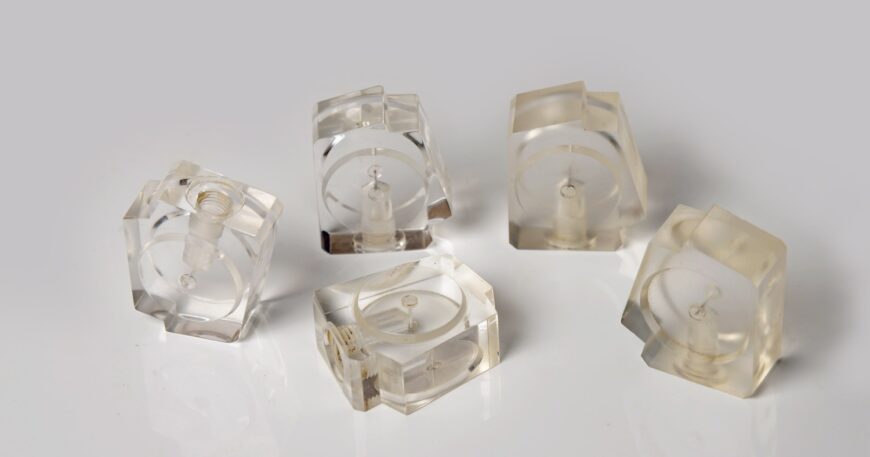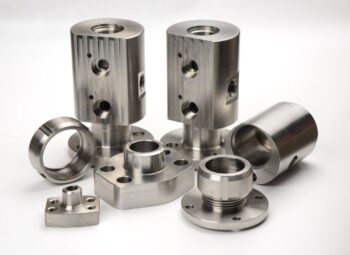Precision engineering in biomedical parts manufacturing comes with its own set of challenges due to the intricate nature of medical devices and the strict requirements for accuracy and reliability. Here are some challenges associated with precision engineering in this field:
- Tight Tolerances:
Biomedical parts often require extremely tight tolerances to ensure proper functionality. Achieving and maintaining these tight tolerances throughout the manufacturing process can be challenging. - Material Selection:
Choosing the right materials with the necessary properties for biomedical parts is crucial. Factors such as biocompatibility, corrosion resistance, and durability must be considered, adding complexity to material selection. - Complex Geometries:
Many biomedical parts have complex and intricate geometries. Precision engineering must address challenges in machining, forming, and assembling these intricate structures without compromising accuracy. - Surface Finish Requirements:
Biomedical parts often require specific surface finishes to meet regulatory standards and ensure compatibility with biological tissues. Achieving the required surface finish without introducing defects can be challenging. - Cleanroom Considerations:
Biomedical parts manufacturing often takes place in cleanroom environments to prevent contamination. Precision engineering processes need to be adapted to operate within these controlled environments, which may impact production efficiency. - Miniaturization:
Some biomedical devices, especially in areas like microsurgery or implantable devices, require miniaturized components. Precision engineering must address the challenges of working at a microscopic scale, including tooling limitations and handling small parts. - Multi-Material Integration:
Biomedical devices may involve the integration of multiple materials, such as metals, polymers, and ceramics. Achieving precision in the assembly and bonding of these different materials poses a challenge. - Quality Control and Inspection:
Ensuring the quality of biomedical parts is critical for patient safety. Implementing robust quality control measures, including inspection techniques capable of detecting microscopic defects, is a challenge in precision engineering. - Regulatory Compliance:
Meeting regulatory standards is a significant challenge in biomedical manufacturing. Precision engineering processes must be documented, validated, and comply with standards such as ISO 13485 and FDA regulations. - Cost-Effective Production:
Balancing precision with cost-effectiveness is an ongoing challenge. High-precision manufacturing processes may be more time-consuming and resource-intensive, impacting production costs.
Addressing these challenges requires a combination of advanced technologies, continuous process improvement, collaboration with material experts, and a strong focus on research and development. Overcoming these obstacles is essential to ensure the production of high-quality biomedical parts that meet the stringent requirements of the medical industry.







Comments (9)
Camryn719
April 14, 2025http://toyota-porte.ru/forums/index.php?autocom=gallery&req=si&img=3232
Mark3132
April 23, 2025Awesome https://is.gd/tpjNyL
Billy1784
April 23, 2025Very good https://shorturl.at/2breu
Tristan3940
April 23, 2025Good https://shorturl.at/2breu
Jordyn4771
April 24, 2025Awesome https://lc.cx/xjXBQT
Alexander2264
April 25, 2025Good https://lc.cx/xjXBQT
Briley4225
April 25, 2025Good https://lc.cx/xjXBQT
Cassidy251
April 25, 2025Very good https://lc.cx/xjXBQT
Ruben4684
April 25, 2025Awesome https://lc.cx/xjXBQT